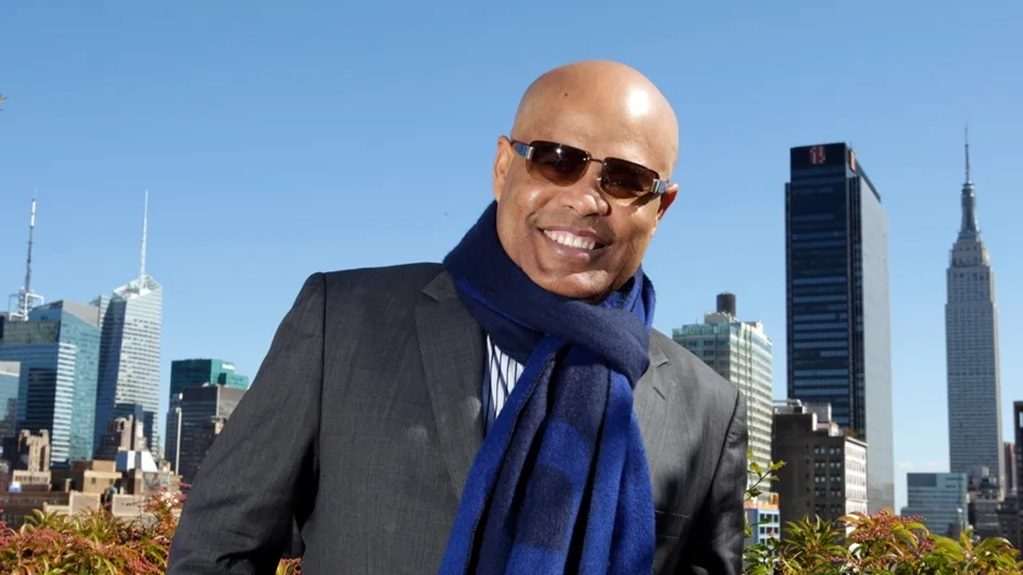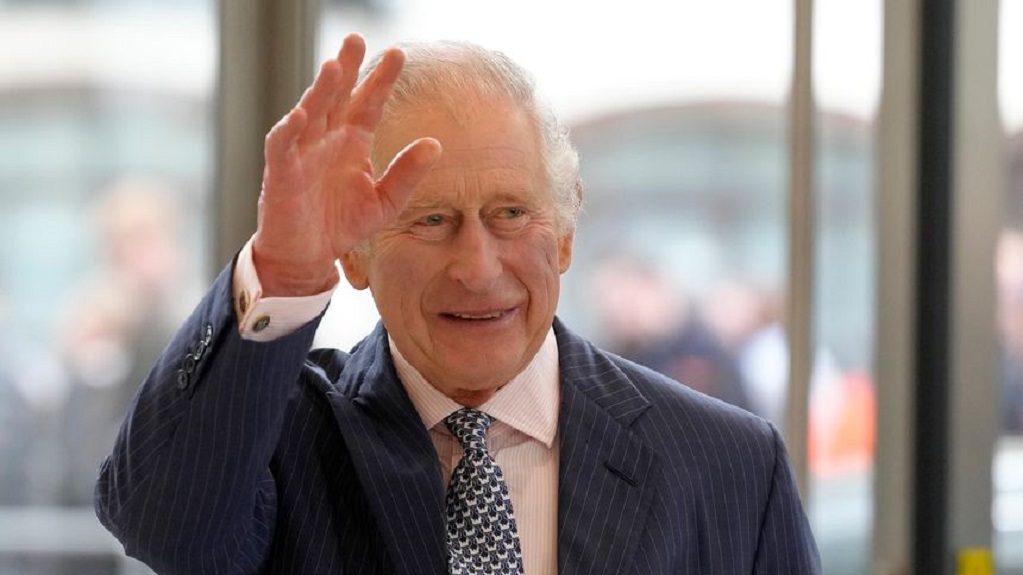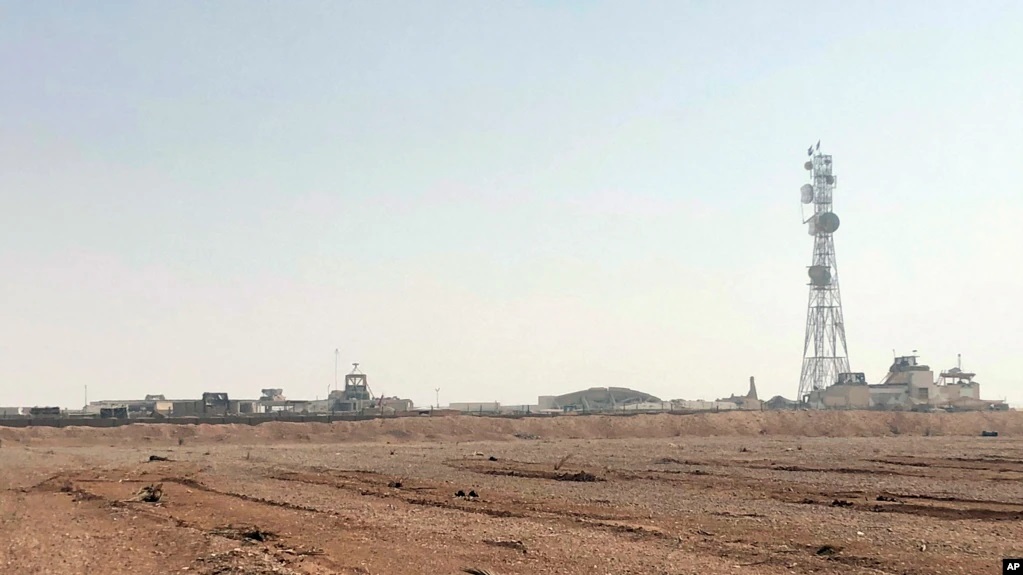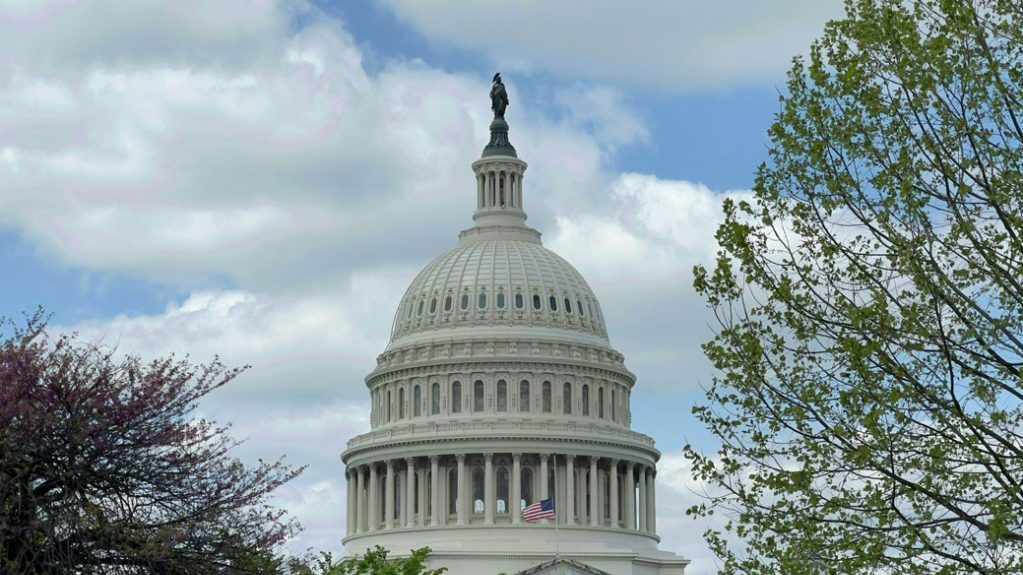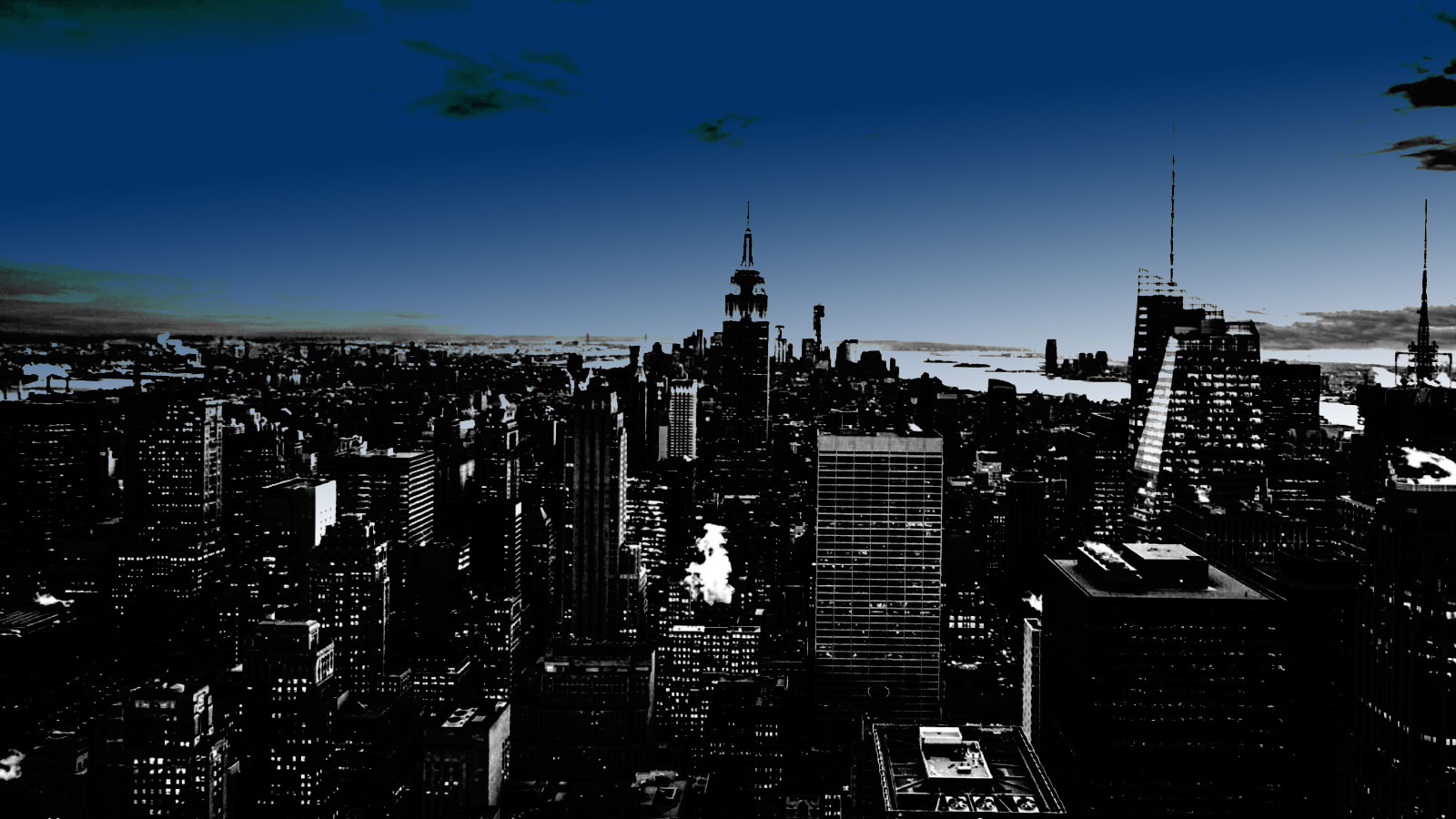Latest Developments in Ukraine: Nov. 30
Written by worldOneFm on November 30, 2022
The latest developments in Russia’s war on Ukraine. All times EST.
6:05 a.m.: Moscow said on Wednesday it had promoted the chief engineer of Ukraine’s Zaporizhzhia nuclear plant to become its head, filling a position vacant since October when Kyiv says the plant’s boss was abducted by Russian authorities, Reuters reported.
The nuclear power plant, Europe’s biggest, has been occupied by Russian forces since March. It has not been producing electricity since September but is still run by its Ukrainian staff to keep it safe. Moscow said in October it was putting the plant under control of Russia’s nuclear authorities, a move Kyiv says is illegal.
Russian nuclear agency Rosenergoatom announced that chief engineer Yuriy Chernichuk would become plant director. Ukraine says the plant’s boss, Ihor Murashov, was abducted by Russian forces on his way from the plant in October.
Murashov was later released after Russian state television broadcast a video in which he was shown confessing to “communicating with Ukrainian intelligence.” The IAEA U.N. watchdog said he was allowed to join his family in Ukrainian-held territory.
“The new director of Zaporizhzhia nuclear power plant and first deputy general director of the Zaporizhzhia power plant operating company is Yuriy Chernichuk,” Renat Karchaa, an adviser to Rosenergoatom’s CEO, said, praising him as a “courageous” successor.
Chernichuk could not be reached for comment.
Ukraine’s state-run nuclear power operator Energoatom said in May that Russia had forbidden Chernichuk from leaving the city of Enerhodar, where the plant is based, holding him and other staff as “hostages.”
The six-reactor plant has since come under repeated shelling, drawing condemnation from the IAEA, which has called for a safety zone around it, a proposal so far resisted by Moscow.
Russia and Ukraine each blame the other for the shelling at the plant, located on a Russian-held bank of the Dnipro River across from Ukrainian-held territory. Kyiv also accuses Moscow of hiding military equipment at the plant, which Russia denies.
5:15 a.m.: Russia’s defense minister said on Wednesday that Moscow will pay special attention to construction of infrastructure related to its nuclear forces in 2023, Reuters reported citing state media.
“When preparing the list of major construction facilities for 2023, special attention will be paid to construction in the interests of the strategic nuclear forces,” Defense Minister Sergei Shoigu was quoted by RIA news agency as saying.
Interfax quoted him as saying that facilities were being built to accommodate new missile systems.
4:30 a.m.: Russian and Chinese warplanes conducted joint patrols over the Sea of Japan and East China Sea, Reuters reported Wednesday, citing Russian state media which quoted the defense ministry.
The defense ministry said the aircraft acted in accordance with international law and did not violate the airspace of other countries, according to the RIA news agency.
4:05 a.m.: Around 450,000 tons of Ukrainian grain are being transported via Poland monthly, over 50% more than in the middle of the year, Reuters reported Wednesday quoting Poland’s infrastructure minister, as Warsaw helps its neighbor to increase its food exports.
Ukraine is one of the world’s leading grain and oilseed exporters and a Russian blockade of its ports after Moscow invaded the country in February drove a quest for alternative routes.
After an almost six-month blockade, three Ukrainian Black Sea ports were unblocked at the end of July under a deal between Moscow and Kyiv brokered by the United Nations and Turkey.
But Russian support for the pact has wavered in recent weeks to the extent Moscow temporarily withdrew at the end of October, raising questions about the long-term future of the deal that was extended for 120 days in the middle of November.
“Within the so-called solidarity lanes about 452 thousand tons of (Ukrainian) grains are currently transported through the territory of Poland, over 50% more than in the middle of the year,” Andrzej Adamczyk said.
“Compared to October last year, the increase in grain transport in the same period of 2022 is over 16 times,” he added.
3:25 a.m.: The European Union will try to set up a specialized court, backed by the United Nations, to investigate and prosecute possible war crimes committed by Russia in Ukraine, European Commission President Ursula von Der Leyen said on Wednesday.
“We are ready to start working with the international community to get the broadest international support possible for this specialized court,” Von Der Leyen said.
Russia, which calls its actions in Ukraine a “special military operation,” has denied targeting civilians.
The G-7 agreed on Tuesday to set up a network to coordinate investigations into war crimes as part of a push to prosecute suspected atrocities in Ukraine.
3 a.m.: The upper chamber of Russia’s parliament approved the resignation of Alexei Kudrin as head of the Audit Chamber on Wednesday, paving the way for him to take up a potential role at Russian technology giant Yandex.
Kudrin, a close ally of President Vladimir Putin throughout his career, becomes the highest profile government official to leave a post since Russia sent tens of thousands of troops into Ukraine in February.
2:45 a.m.: European Union leaders are pushing to quickly establish an investment program to ramp up production in the bloc’s defense industry in light of the war in Ukraine, according to a draft of conclusions for a December 15-16 summit.
“The European Council … calls on the Commission to rapidly present a proposal for a European Defence Investment Programme to reinforce the capacity and resilience of the European defense technology and industrial sector, including small and medium enterprises,” said the draft, seen by Reuters on Wednesday.
The document is likely to be adjusted before the summit.
EU leaders will also push the bloc’s executive commission and the European Defense Agency to intensify efforts to identify military gaps and coordinate joint defense procurement, in particular to replenish their stocks of materiel, which have been depleted in support of Ukraine.
The EU has long urged member states to join forces on arms purchases instead of driving up prices by competing against each other or striking deals individually with suppliers outside the bloc.
Countries have been reluctant to do so, but the Ukraine war — which Russia calls a “special operation” — and the rate of Western arms deliveries to Kyiv have added a fresh sense of urgency.
EU foreign policy chief Josep Borrell said this month that the EU and its member states have provided arms and military equipment worth at least 8 billion euros to Ukraine so far.
At their summit in Brussels, EU leaders will also call for speedier implementation of infrastructure work meant to facilitate swift military movement across Europe, according to the draft document.
The construction and modernization of infrastructure such as roads and bridges are part of the EU’s “Military Mobility” project, which also aims to simplify and standardize procedures for military personnel and equipment as they cross borders by road, rail, sea or air.
Military experts have long complained that derelict or missing infrastructure and red tape are hampering the swift movement of personnel and equipment that would be crucial if NATO allies had to send reinforcements to eastern Europe in the case of a conflict.
2:30 a.m.: Europe should increase its presence in the western Balkans to limit the influence of Russia, Italian foreign minister Antonio Tajani said on Wednesday ahead of the second day of NATO meetings in Bucharest.
“The stability in western Balkans is important for peace. We need to stop the Russians in the western Balkans, we need more Europe,” Tajani said.
“We need to protect all the countries in the western Balkans and close to Ukraine because it is important in this moment to work together, Unity is important and it’s a strong message to Russia.”
Latest Defence Intelligence update on the situation in Ukraine – 30 November 2022
Find out more about the UK government's response: https://t.co/fgQp2pB2Il
#StandWithUkraine
pic.twitter.com/tgBYUJUISr
— Ministry of Defence
(@DefenceHQ) November 30, 2022
1:10 a.m.: Sweden and Finland have made good progress towards an agreement with Turkey on the Nordic countries’ admission to NATO, Swedish Minister for Foreign Affairs Tobias Billstrom said on Wednesday.
“We had a very good bilateral yesterday between Sweden, Finland and Turkey and I felt after this meeting that there is progress. We are moving forward,” Billstrom told reporters on arrival for the second day of a NATO foreign ministers meeting.
1 a.m.: A large oil storage tank was on fire early on Wednesday in Russia’s Bryansk region, Reuters reported, quoting a local governor.
The tank was located in the Surazh district in the north of the region. Bryansk region borders with Ukraine’s northeast.
“Fire and rescue teams are on the site,” Governor Alexander Bogomaz said on the Telegram messaging app. The fire had spread across 1,800 square meters (19,000 square feet), Bogomaz said.
There were no reports of casualties, he added. He did not mention a potential cause for the fire.
Reuters was not able to immediately verify the reports.
Earlier in the night, the governor of Russia’s Kursk region — to Bryansk’s south and also bordering Ukraine — said Ukrainian forces had struck a power plant, causing some electricity outages.
12:45 a.m.: Ukraine said it had received a multiple rocket launcher system from France adding to the arsenal of long-range artillery credited with changing dynamics on the battlefield against Russia, Agence France-Presse reported Tuesday.
The French-provided LRU is the fourth variety of sophisticated rocket-launcher system (MLRS), after HIMARS, M270 and MARS II — to be supplied to Ukraine to help Kyiv battle Russia’s invasion. It has a range of around 70 kilometers.
Two weeks ago, French Army Minister Sebastien Lecornu announced the delivery of two French LRU to Ukraine in an interview with Le Journal du Dimanche. Lecornu said France would also send two batteries of Crotale air defense systems and was “looking into a request from Ukraine for radars that are crucial to detect strikes upstream.” France is also planning to take 2,000 out of the 15,000 soldiers the EU promised to train.
12:30 a.m.: Estonia began putting into circulation 2 million two-euro coins with a special design dedicated to Ukraine and will be selling special editions to raise money for the country, Agence France-Presse reported.
“The two-euro coin dedicated to Ukraine will from today start to reach people throughout Estonia and elsewhere in Europe through shops,” Estonia central bank governor Madis Muller said in a statement. The coin was designed by Daria Titova, a Ukrainian refugee studying art in Estonia, and depicts a woman holding a bird next to a stalk of wheat and the popular Ukrainian slogan “Glory to Ukraine.”
The central bank released special coin cards with the design in July, but this is the first time the coin is being minted for general use. The governor said that $362,000 in proceeds from sales of the coin cards since this summer had been donated to Ukraine.
12: 15 a.m.: U.S. President Joe Biden on Tuesday said that securing funding for Ukraine and COVID-19 are his priorities before Republicans take control of the House of Representatives early next year, Reuters reported.
Biden held talks with Democratic and Republican leaders of the House of Representatives and the Senate on what can be done in the remaining weeks when Democrats still control both chambers. Republicans won a narrow majority in the House in the November 8 midterm elections and will take over in January, complicating Biden’s agenda for the next two years. Biden’s Democrats retained control of the Senate.
He said funding more military assistance for Ukraine, an objective that House Republicans have talked about stalling when they take over in January, is a priority as well as funding measures to combat the coronavirus pandemic.
House Speaker Nancy Pelosi, who is in her waning weeks as speaker, told reporters after the meeting that Democrats may have to approve a government spending plan through Sept. 30 that mainly freezes spending at the current level. This would be aimed at not letting the budget become subject to attempts by Republicans to cut it.
12:05 a.m.: A court in Moscow opened the trial of a prominent Russian opposition figure who faces charges stemming from his criticism of the Kremlin’s action in Ukraine, The Associated Press reported.
Ilya Yashin, one of the few Kremlin critics to have remained in the country amid an intensifying crackdown on dissent, has been in custody since his arrest in July. He was charged with spreading false information about the military, a new offense added to the country’s criminal law after Russian President Vladimir Putin sent troops into Ukraine. Yashin faces up to 10 years in prison if convicted.
The charges against Yashin relate to a YouTube livestream video in which he talked about Ukrainians being killed in the Kyiv suburb of Bucha. Speaking Tuesday during his trial at Moscow’s Meshchansky District Court, Yashin argued that his case has been fabricated and “has all the markings of illegal political persecution.” He noted that in the video he cited Russian official sources along with Ukrainian statements to give his audience an objective view.
Some information in this report came from The Associated Press, Reuters and Agence France-Presse.

